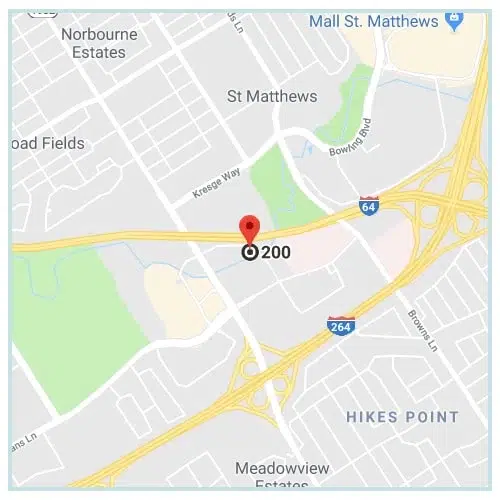Not knowing what the future will hold, many individuals and families in Kentucky and elsewhere seek to get their affairs in order. One way to do this is to have a will in one’s estate plan. While one likely understands the importance of this document when it comes to designating how assets and property will be transferred at the time of his or her death, one may not fully understand what makes a will valid and what could revoke it.
Valid Kentucky will
A will dictates one’s wishes, such as who will inherit what from you after you pass. In order to ensure these wishes are met, one needs to properly create a valid will. In order to create a will in the state of Kentucky, one must be at least 18 years of age or granted the power if under the age of 18, such as a married minor.
If a will is completely written by hand, which is known as a holographic will as is recognized in the state of Kentucky, then no witnesses are needed. However, if the will was not completely handwritten by the testator, then the testator must sign and acknowledge the will in front of two credible witnesses. It should be noted that oral wills, which are also referred to as nuncupative wills, are not recognized in Kentucky.
Revoked or invalid will
There are three ways for a will be revoked in the state of Kentucky. The first is when a subsequent will is made. When this occurs, the previous version is no longer valid and is revoked by the new will. The second is when there has been a declaration of intent to revoke the will. The final way is when the testator or a person in his or her presence or at his or her direction destroys the will by tearing, burning, cutting or otherwise destroy the will. A signature with the intent to revoke will also suffice.
Whether one decides to draft his or her will by hand or has a will typed and drafted by a legal professional, it is important to understand if the will one currently has or seek to draft is valid. An invalid will or a contested will could lead to unintentional consequences; thus, it is imperative to consider these outcomes and what could be done to avoid them or protect against them.




